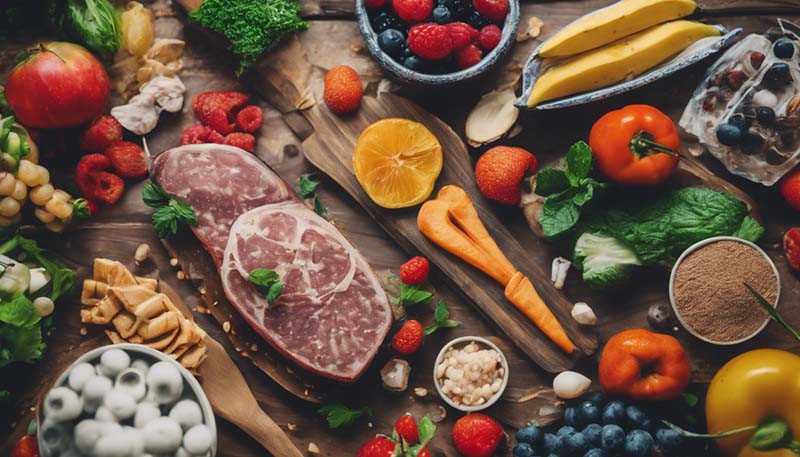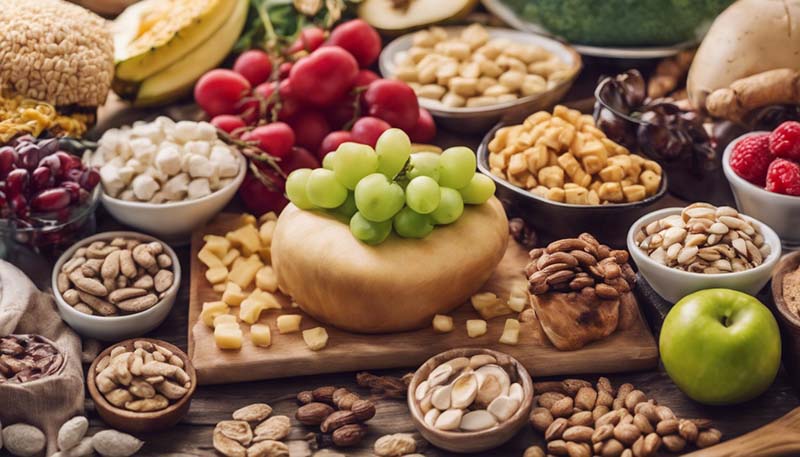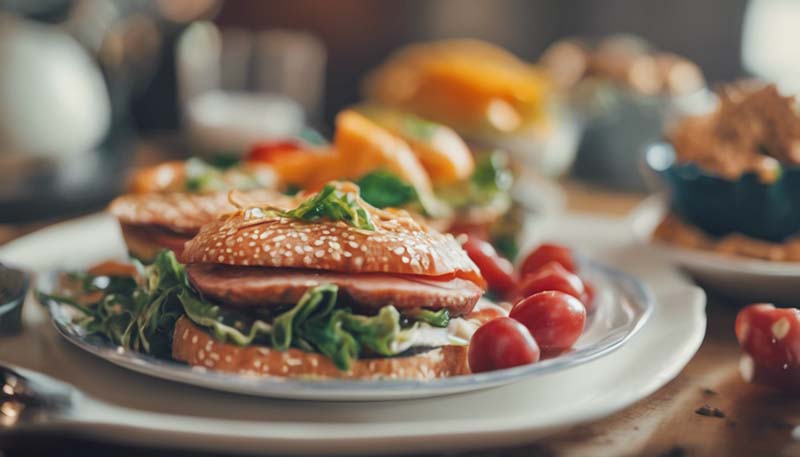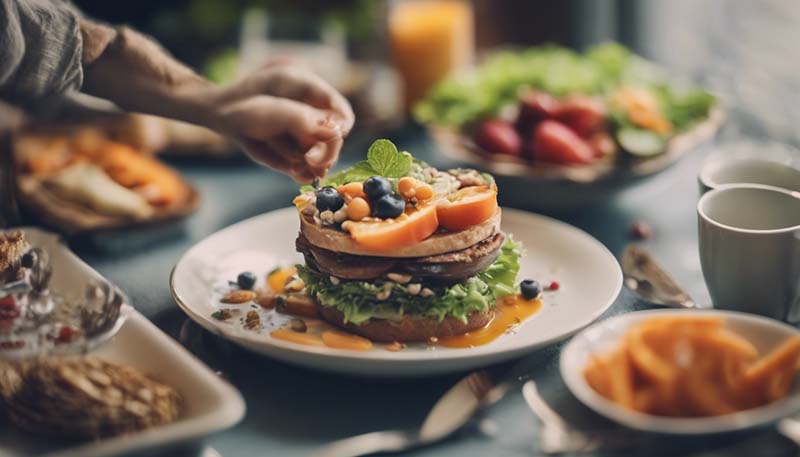The Science Behind Portion Control
Understanding the role of portion control in maintaining a healthy diet and lifestyle.
Introduction
Portion control is a critical aspect of a healthy diet and weight management. It involves consuming appropriate amounts of food to achieve and maintain a healthy weight and to prevent overeating. The science behind portion control is rooted in understanding the relationship between the quantity of food consumed, the body's energy balance, and the impact on overall health. This article delves into the science of portion control, its importance, and strategies for effective implementation.
Understanding Energy Balance
Energy balance is the equilibrium between the calories consumed through food and beverages and the calories expended through physical activity, digestion, and other bodily functions. When energy balance is maintained, weight remains stable. However, if more calories are consumed than expended, weight gain occurs, and vice versa for weight loss.
The Role of Portion Sizes
Portion sizes have a direct impact on the total number of calories consumed. Larger portions can lead to overconsumption of calories, which, if not balanced with increased physical activity, can result in weight gain. Understanding portion sizes and practicing portion control is essential for achieving and maintaining energy balance.
Biological Factors Influencing Portion Control
Several biological factors influence how we perceive the amount of food we consume and how full we feel. These factors include:
Hunger and Satiety Hormones
Hormones such as ghrelin and leptin play a role in regulating hunger and satiety. Ghrelin, often referred to as the "hunger hormone," stimulates appetite, while leptin, the "satiety hormone," signals fullness and reduces hunger.
Hunger and Satiety Signals
The body sends signals of hunger and fullness to the brain, which can be influenced by factors such as the volume of food consumed, the macronutrient content of the meal, and individual differences in metabolism and sensitivity to these signals.
Sensory-Specific Satiety
Sensory-specific satiety refers to the decline in the pleasure of eating a food as more of it is consumed. This phenomenon can influence portion sizes and the desire to eat a variety of foods.
Environmental Factors Affecting Portion Control
Environmental factors can significantly impact portion sizes and eating habits. These include:
Food Packaging and Serving Sizes
Larger food packages and serving sizes can encourage overeating by making larger portions seem normal and acceptable.
Visual Cues
The size of plates, bowls, and utensils can influence the perception of portion sizes. Larger plates can make smaller portions seem smaller, leading to overeating.
Social Influences
Social situations and cultural norms can influence eating habits and the acceptance of larger portion sizes.
Strategies for Effective Portion Control
Implementing effective portion control strategies can help manage energy intake and support a healthy lifestyle. Some strategies include:
Understanding Recommended Portion Sizes
Educate yourself on the recommended portion sizes for different food groups based on factors such as age, sex, and activity level.
Using Smaller Plates and Bowls
Using smaller plates and bowls can help control portion sizes by making smaller servings appear larger.
Controlling Food Intake
Being mindful of the amount of food consumed and listening to your body's hunger and fullness cues can help prevent overeating.
Planning Meals and Snacks
Planning meals and snacks in advance can help you make healthier choices and avoid impulsive eating behaviors.
Increasing Dietary Fiber
Including more fiber-rich foods in your diet can help increase satiety and reduce overall food intake.
Conclusion
Portion control is a vital component of a healthy diet and weight management. By understanding the science behind portion control and implementing effective strategies, individuals can better manage their energy intake, support a healthy lifestyle, and prevent overeating.






























Join the discussion